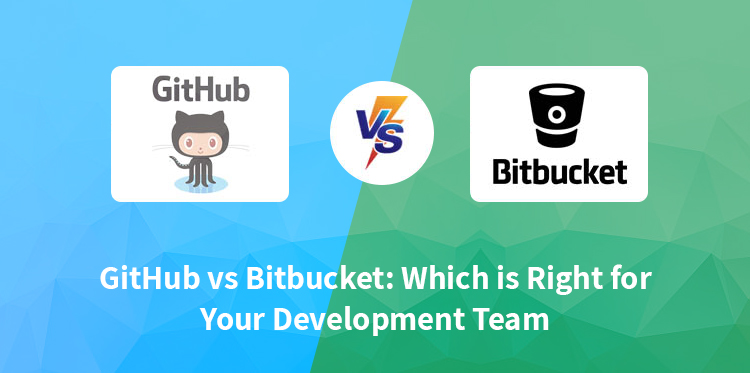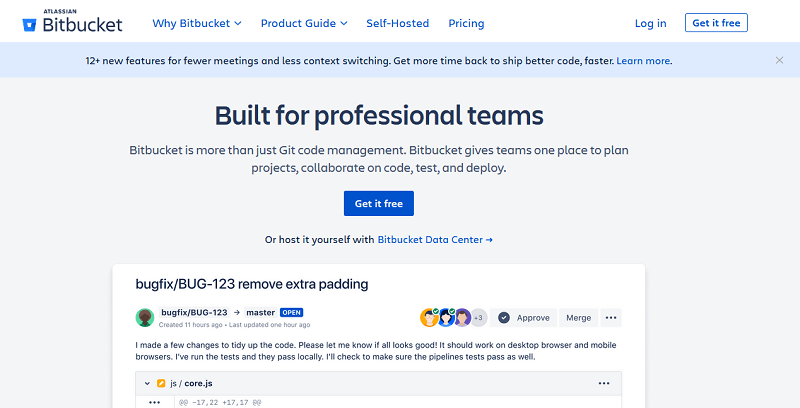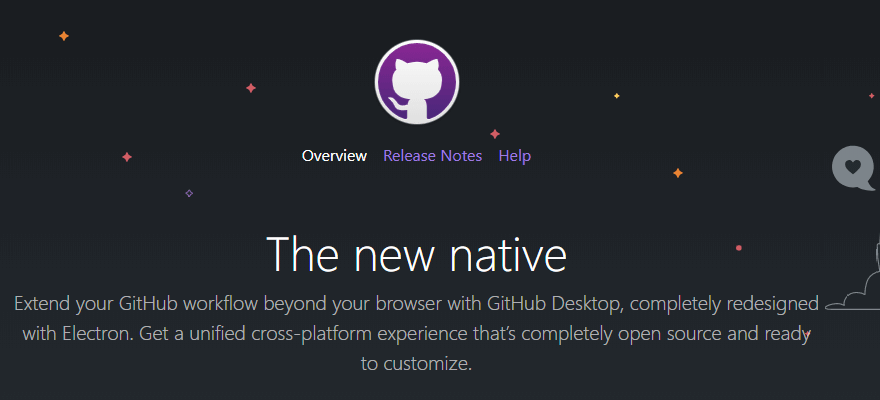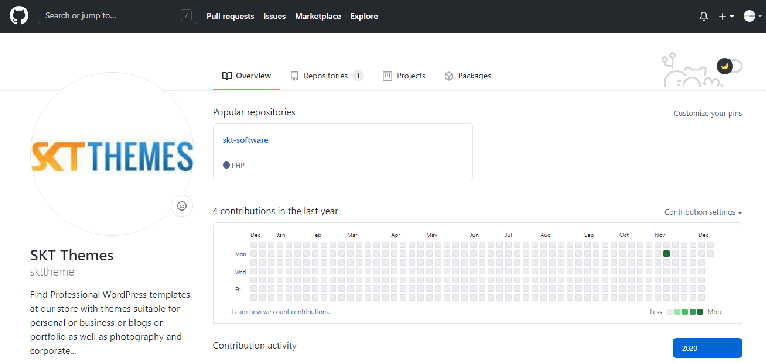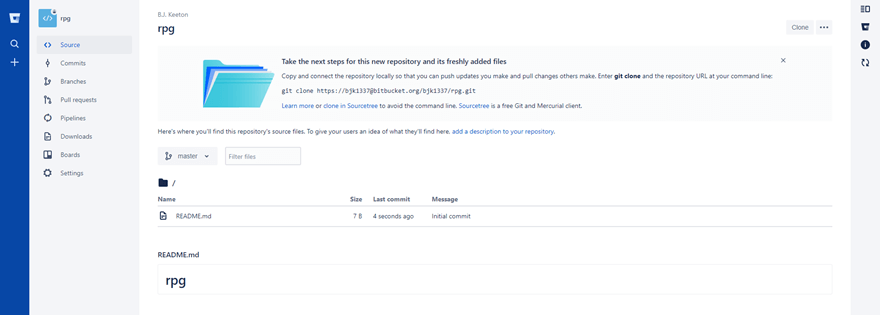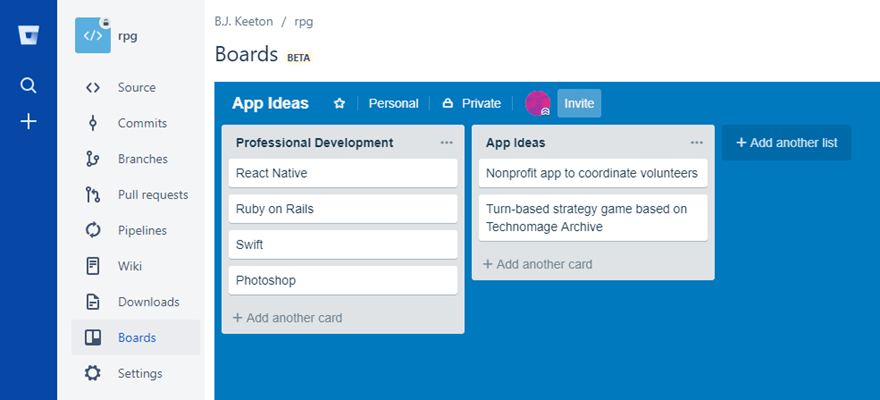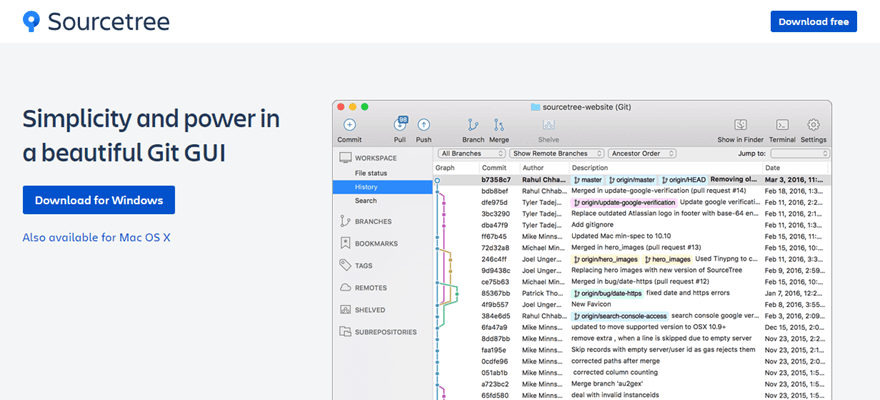When you go to create a development team for optimum performance, choosing the proper source as a control platform plays a pivotal role in helping you with the decisions.
Table of Contents
Whether you are new to this field, or you are working for a good period now, sooner or later, you are going to come across the names of GitHub and Bitbucket.
Both the communities are working as strong competitors for one another as version control software.
Choosing one for your development team turns out to be a confusing decision if you don’t know which one is the suitable one to help you.
That is why we will shed some light on the GitHub vs Bitbucket topic in this article to help you make the apt decision for your team. But before that, you must be well-acquainted with some FAQs as given below.
FAQs
1. What is the length of your team?
Ans: While working with version control software, you need to consider how many team members you have in your development group.
The version control software comes with various plans based on the number of members you are working with.
2. What type of coding do you want to deal with?
Ans: Whether you are working with private coding or you are working with public codes, you need to choose the version control software wisely.
The software comes with its respective features, which help you to accelerate your purpose.
3. Your teams’ experience with gits?
Ans: Based on your team’s experience with gits, you need to choose the right software. As a beginner, it is good to opt for an easier one.
While on the other hand, those who have experience with gits can quickly go for advanced features.
Let’s start from the basic – GitHub vs Bitbucket:
GitHub world acts as an efficient tool with multiple features. The primary purpose of GitHub is to encourage the coming together of the developers.
It offers some exciting features like highlighted code comments and code-based reviews, which enhance the software’s build. Thus, it promotes effective communication between the teammates.
Moreover, it comes with the proper assessment of the code changes on the site to have a clear view of how the entire process is going.
There are also features like pull, branching, cloning, repository forking, which allows the users to have an optimized performance along with GitHub for code management and team collaboration.
It also comes with the wiki support that lets you document your project and shares them when you are working as a team. The wiki, therefore, allows you to write down in Markdown along with several other supported formats for texts.
On the other hand, Bitbucket works with a closed core platform hosting to host the open-source projects. It is written using Python.
The Bitbucket works using the Django web framework. If you want to opt for the seamless integration of the JIRA, HipChat, Confluence, and other Atlassian tools, then Bitbucket comes with useful features that let you do so.
It worlds with built-in CI/ CD tools to help you hover over various apps for managing the development period from the end to end period.
Another specialty about Bitbucket is it comes with various code reviews, which allows you to collaborate with your teammates so that you can increase the quality of your codes. The codes come with the support of pull requests.
The main feature for which developer teams go behind Bitbucket is, it comes with a better security system that keeps the codes safe with the whitelisted IP and 2-step verification.
The fundamental differences between GitHub and Bitbucket indicated the functionality of these two platforms. GitHub is more focused on public code. Bitbucket, on the other hand, deals with private coding.
For its better flexibility, GitHub is preferred among the huge open-source community. Bitbucket, on the other hand, is suitable for enterprises and business users.
Though there are no such restrictions that you can use GitHub for private coding or Bitbucket for public aspects, most users tend to stick to these two for these particular purposes.
However, both the platforms work in a more or less similar way. Here are the similarities in a performance that you are going to receive from both the platforms:
- Both the platform allows you to create and manage the repository using a website or a command line.
- You can log in with the two-factor authentication code using the two platforms.
- Both allow you to invite collaborators and deal with open issues and discussions.
- You can create and merge pull requests and handle all the fundamental things with ease.
Let’s dive deeper into GitHub and Bitbucket along with their respective features:
A proper assessment of the features of these two efficient platforms is going to give you a much better insight into GitHub vs Bitbucket. Let’s have a look first what GitHub has to offer you:
GitHub features:
The GitHub service comes with the largest market share. Microsoft bought this previous year. Here are plenty of features that it offers:
Desktop Client:
GitHub comes with its desktop client. It makes it easier to use and allows the clients to have a more similar web interface like Bitbucket.
For those who do not prefer the command line but deal with many users who want specific commands, the GitHub client serves excellent service to them.
The GitHub client is relatively lightweight and serves the right purpose for a development team.
Interface:
GitHub comes with a very functional and well-working interface. Though the interface is not as attractive as Bitbucket, it makes up for it with pure utility.
Most of the GitHub users work with the command line. Though the service is not that confusing, instead comes with a very straightforward form.
Free private Repos:
GitHub comes with unlimited free private repositories. Previously, it only focused on the public repos, which made the development teams go to Bitbucket to create private codes.
However, now you can create private repos as many as you want. It acts fantastic for those who want to work with unlimited free repos for their smaller projects.
Better high storage limit:
If you don’t have enough storage for your commits, pushes, and branches, it might impose some serious issues. However, with GitHub, it is easy to resolve.
The best part is GitHub does not charge you for extra storage. On a free plan, it comes with a 100 GB cap on the GitHub repositories.
The file uploads have a limit of 100 MB for the command line. For web uploads, the limit is 25 MB.
Bitbucket, on the other hand, allows their users 1 GB in total. Atlassian usually does not request you or mail you for keeping it under 1 GB; instead, it comes with the paid plans for going above 1 GB.
However, if you are using GitHub, you don’t have to worry about the storage as it comes with a sufficient one.
Wikis and Boards:
GitHub comes with a built-in KanBan solution in its Projects tab. You can create every project on its board.
Though GitHub is not as efficient as Trello, however, you can use it for lots of planning and documentation to markup your style in each of your cards.
Related Post: How to Publish Your Local Project on GitHub Using Command Line
Bitbucket features:
Bitbucket is a product of Atlassian. If you want to have an efficient interface from the very beginning, then Bitbucket should be the right stop for you.
It comes as an all one solution for software development. Here are the features that it offers:
Repository tracking:
Unlike GitHub, Bitbucket comes with more features, which makes it a suitable choice for a developer team. It comes with more supportability.
You can easily track any of your repositories in popular versions of control management systems.
Interface:
Bitbucket is just the ideal place if you are seeking an efficient interface. It is easy and simple to use. Unlike GitHub, it comes with clear functionalities, which help you to accomplish your job with ease.
Everything comes in a well-organized form. A simple sidebar gives you enough and detailed information about yourself. Similar to GitHub, it works with the git commands.
Wikis and Boards:
A project wiki helps in various ways. You and your team can use it for internal comes during development, and at the same time, you can use it for opening up to the public as a post-release documentation source.
Bitbucket lets you have a repository with wiki every time. It is easy to work with as all you need to do is activate it for controlling your repo.
Desktop Client:
Although Bitbucket has enough features to give a tough competition to GitHub, it lacks a desktop client. Many users use the default for the command line interfaces along with the fine control for developing the software versioning.
However, there are still so many to use for interaction with a git app. With Bitbucket, you cannot get the first-party one; instead, it works as an open-source program.
Branch permission:
With Bitbucket, you can choose to work with any individual branch. You can work with access to a single branch rather than working with only Karen access.
The free plans of Bitbucket come with the branch permission. If your team deals with feature management, releasing betas, bug fixes, and many other aspects, then Bitbucket is ideal for you.
Main differences that you need to know – GitHub vs Bitbucket:
So, here are some of the significant differences between GitHub and Bitbucket. Let’s have a look.
Continuous delivery of integration:
Git Hub in the past used to lack features like build in CI/ CD, but the latest release comes with new GitHub actions as it has upgraded its DevOps.
However, some customers are worried about the GitHub actions with the Azure DevOps in its developments.
On the other hand, Bitbucket works with the seamless integrations along with other Atlassian tools that you are using to manage the DevOps cycles for every mobility of your development process.
The entire DevOps workflow gets the proper management with the evaluated feedback and enhanced pipeline function.
Repositories and pricing:
Bitbucket comes with free pricing for team members up to 5 onboard. The plan enables you to have free and unlimited private git repositories.
All you need to do is get a community license and stay connected with the Atlassian open-source guidelines. The Bitbucket standard and the premium pricing plan comes with a lower pricing rate of $3/ user /month.
GitHub also comes with unlimited public and private repositories. You can connect with an unlimited number of users on board.
GitHub Team and enterprise pricing, on the other hand, is a bit pricey than Bitbucket. The plan starts with $4/user/month and $21/ user/month. It also offers premium features with the plan.
User interface:
When it comes to the debate on GitHub vs Bitbucket, the user interface plays a pivotal role in marking the difference. GitHub features an interface that is simpler and intuitive than Bitbucket.
For beginners, GitHub offers a very easy start. For those who are looking for master git and hosting for online source coding, the platform brings them more flexibility. Moreover, it comes with guides and materials to help.
Bitbucket, on the other hand, is not as intuitive as GitHub. However, it is powerful enough and comes with multiple advanced features that meet all kinds of software expectations.
Whether it is a small business or an enterprise, Bitbucket approaches with better solutions. Some features come with SSH Key management, issue tracking, and pull requests, which makes the job easier.
GitHub vs Bitbucket – who is the ultimate winner?
It is difficult to consider one as a winner and the other one as a loser because both the services have their features and importance.
Both the services tend to target different groups of demographics essential for your development team.
If you are looking for a service for your git, which is essential for your mall developing team, then Bitbucket can be the right destination for you. It is way easier. Also, it provides an easy workflow for your job.
On the other hand, if you are looking for open-source development, then GitHub is suitable for that. GitHub is best if you want to work with a major platform that enables you to open-source the public codes.
Conclusion:
None of the solutions or services are bad for you. All you need to do is, know what your team is doing and what is essential for your development, then choose the platform that suits your need.
We hope this article on GitHub vs Bitbucket is clear enough to show you the differences. Take decisions wisely to add more flow to your developing team.

